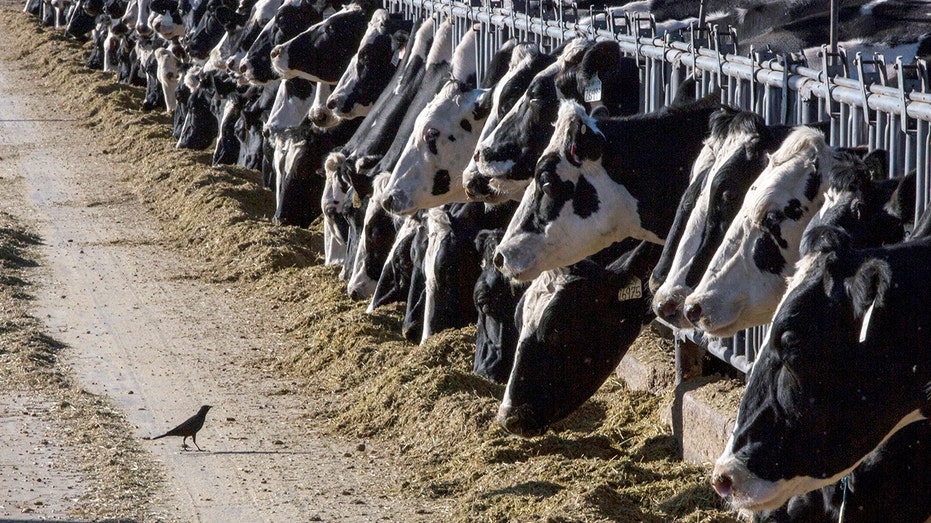‘Nobel prize of engineering’ finalist Sunamp to raise Series B as it mulls public offering
An innovative battery firm nominated for the "nobel prize of engineering" is set to raise a Series B funding round in a few months with a future IPO becoming an increasingly "realistic proposition", its boss has said.


An innovative battery firm nominated for the “Nobel Prize of Engineering” is set to raise a Series B funding round in a few months, with a future IPO becoming an increasingly “realistic proposition”, its boss has said.
Sunamp, which makes it easier for green heat pumps to be installed in smaller homes by replacing a large hot water tank with its smaller batteries, was last week shortlisted for the Royal Academy of Engineering’s Macrobert Award alongside Google Deepmind, and the University of Oxford and Astrazeneca for the rollout of their Coronavirus vaccine.
Speaking to City A.M. in the wake of his firm’s nomination, the company’s CEO and co-founder Andrew Bissell confirmed plans for a new funding round: “In the next few months [people can] expect to see a Series B… it’s going to be coming from the global stage and we know who it’s going to be.”
He also hinted at a potential IPO: “There are certainly people who have asked us the question, ‘do you think this should IPO,’ and the the deeper I get into understanding the market that we have ahead of us, the more I think that sounds like a realistic proposition.”
Sunamp’s heat storing tech could be ‘worth billions’
The technology firm, which currently operates in over a dozen markets, including the US, Switzerland and Canada, is credited with cracking a decades-old engineering problem that prevented heat from being stored effectively by batteries.
Its “phase change” technology allows the heat generated by a heat pump to be stored in the same way a hot water tank might but at the same size as a traditional ‘combi’ boiler.
It works by melting and freezing a patented material called Plentigrade, which allows its batteries to store between four and 10 times more energy than conventional material, .
This means that before Sunamp, no firm had been able to produce a form of ground source heat storage that had the fundamentals to lent itself to international expansion and intercontinental trade.
When shipped, water tanks are majority air, meaning they are hugely inefficient to freight. Thus no firm has been able to multi-market dominance in the same way Sunamp could with its smaller, denser product.
Bissell told City A.M.: “Today there is no single, global hot water tank brand. All hot water tanks are sold into national or regional markets because nobody wants to ship air…
“When you make a heat battery, you’re shipping a much denser object. So I think we might see for the first time a global brand in this space.
“I think we can see the potential to build a company that’s just as recognisable as Panasonic or Bosch. And along that way, as we start to get make hundreds of millions and, I think, billions, an IPO would be the right thing to do.”
The winner of the MacRobert Award will be announced by the RAEng on July 9. Dr Rajapillai Ahilan, one of of the award’s judges, said of Sunamp’s technology: “Sunamp and Edinburgh University have managed to solve a long standing problem regarding the repeatability and robustness of phase change materials for use in heat batteries.
“It’s so inspirational because of its impact, not only for the net zero transition, but also for the alleviation of fuel poverty, thus paving the way for a just transition that we all desire.”



